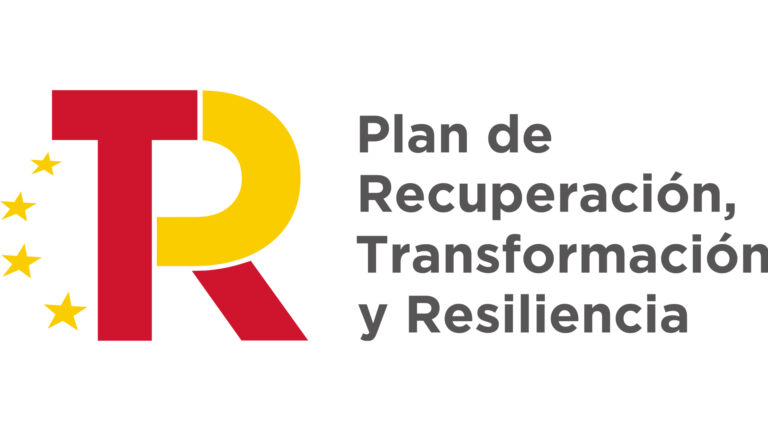Did you know these Spanish expressions related to some of the symbols and animals associated with Summer?
The heat is giving us clues to the dates we are approaching, and the fact is that summer does not go unnoticed: not only because of the heat, but also because it is usually a time when good humour, holidays, laughter with friends, family, the sea, and the sun fill us with life.
And while we’re on the subject of this good time of the year, we are going to share with you and explain 10 Spanish expressions related to summer.
1. Ser un sol
This is a colloquial expression (translated as ‘to be a sunshine’) that we use when want to highlight someone’s qualities and flatter them. In Spain you might hear phrases like: “Ana es un sol, me encanta su forma de ser”.
2. Hacer un sol de justicia
In lots of places in Spain in summer, it is stiflingly hot. Here you could say: “¡Hace un calor de justicia!”. This expression comes from a very ancient way of dispensing justice in the Middle Ages, in which the condemnation of certain suspects was left to divine judgement. One of those tortures was to leave the prisoner in the sun, without food or water. God, represented by the sun, was the one who could thus decide whether the accused was worthy of agony or survival.
3. Hacer el agosto
This expression is used when a good deal has been made. We can find it in the book by Miguel de Cervantes (author of Don Quixote) called La gitanilla. It seems to refer to the months of August when there was an excellent harvest of cereal crops and seeds. After the month of August comes the grape harvest, which is why in the olden days people used to say “hacer su agosto y su vendimia”. So if we have a good sale, for example, in a business we can say: ¡Hemos hecho el agosto!
4. Ser la mar de …
The sea, an element that reminds us of summer, is the protagonist of one of these 10 Spanish expressions related to summer. We use “Ser la mar de” to emphasise an adjective. For example, we can say: “Eres la mar de simpático” o “Soy la mar de guapo” as a synonym for very, thus accentuating the adjective. And if someone is very funny you can say: “eres la mar de salao”(literally translated as “you’re so salty”) and you will look like a real native, especially if you learn Spanish in Andalusia and omit the “d” of salado in its ending!
If you get angry or something doesn’t go well, we also have an expression with the sea: “Me cago en la mar salada (or sála)!” – although this is best said in a colloquial and confident context.

5. Estar como pez en el agua
This is another Spanish expression you will certainly hear often. You can use it when you dominate a situation or feel very comfortable in a place. For example: “A María se le da genial escalar, se mueve por la montaña como pez en el agua”.
6. Pelillos a la mar
And still talking about the sea, this is a great Spanish expression that has its particular history. It is used when there is an argument, and no solution or common ground is found, so it is decided to forget everything without grudges or quarrels. It seems to come from a chant used by children in southern Spain at the time of making amends for a quarrel. They would then say this phrase while pulling a hair out of their heads and blowing it, as a symbol of forgetting the argument and putting the friendship back on track.
7. Hacer el gamba
If you are in Spain and someone says to you: “¡No hagas el gamba” you should watch out, because that will mean that you’re being a bit silly or stupid. It is usually said in colloquial language, among friends or in a familiar environment.
8. Ser un pulpo
And we continue with another little animal of the sea. If someone tells you that you are a pulpo (an octopus), it is because you like touching people a lot. Normally it is used in a sexually way, so hey! Tentacles must be picked up!
9. Andar con la mosca detrás de la oreja
Another of the bugs that tend to appear in summer, are flies. Right? This expression can be used when you suspect that something is going to happen, that you sense something or that you think you are going to receive a surprise. For example: “Llevo varios días oyéndoles murmurar y ando con la mosca detrás de la oreja. Algo están planeando”.
10. Tomar el sol
This collocation in Spanish doesn’t mean that you want to eat or catch the sun. In simple terms, the verb ‘tomar’ (to take in Spanish) is used to indicate that you want to keep it on you skin so that hopefully, you will have a tan for the rest of the year until the next summer comes around!
If you have read up until here, we invite you to take the quiz related to Spanish expressions related to summer and put into practice what you have learned. And don’t forget to share in the comments any other summer-related Spanish expressions you know! You can also download an infography (made with love) with all these expressions here. We hope it’s useful!

Grace Norris
Marketing Assistant | Student at the University of Lancaster, studying Spanish and Italian
Translated from original article in Spanish written by Teresa Muñoz



